Sunday, December 29, 2024
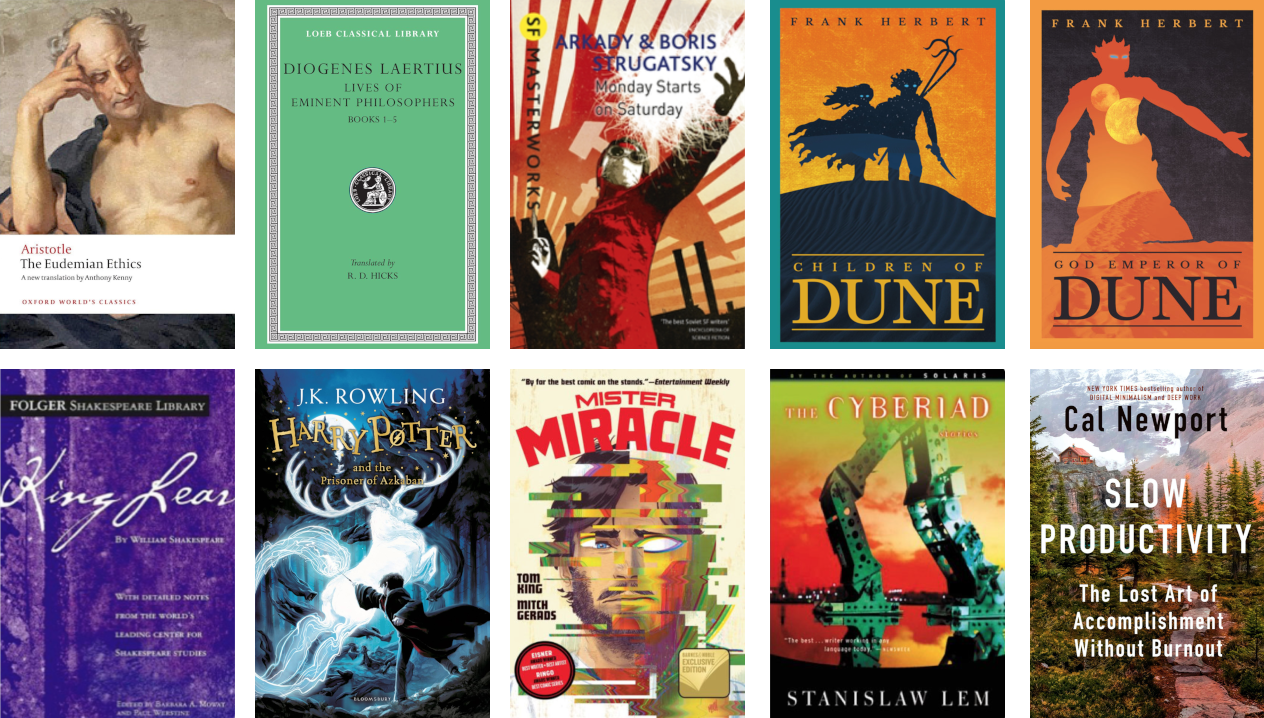
Here they are — my top 10 books of 2024.
These are the books, which, barring full-picture books like Leonardo: The Complete Drawings and Raphael: The Drawings, have made the biggest impression on me this year.
My intention with my reading choice has been to intertwine knowledge and myth, each lending to the other, as an ideal of a rich inner life.
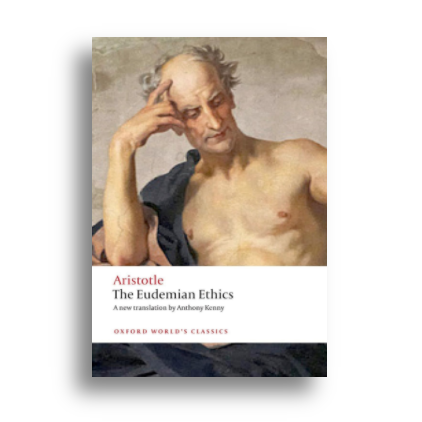
The Eudemian Ethics
Aristotle
Named after Eudemus of Rhodes, a pupil of Aristotle, The Eudemian Ethics is a treatise on the supreme good of human life: happiness, or eudaimonia. Aristotle's task is to inquire into the ends of human happiness, and their causes. There are eight chapters — in which he considers happiness as the chief good; justice; moral and intellectual virtue; pleasure; friendship; and knowledge and happiness — with three of the chapters also appearing in his other great work, the Nicomachean Ethics. The big takeaway for me is Aristotle's identification of happiness with the execution of the virtues.
“All goods, according to the distinction made also in our popular writings, are either external or internal to the soul, and among the goods thus distinguished, the goods in the soul are preferable.”
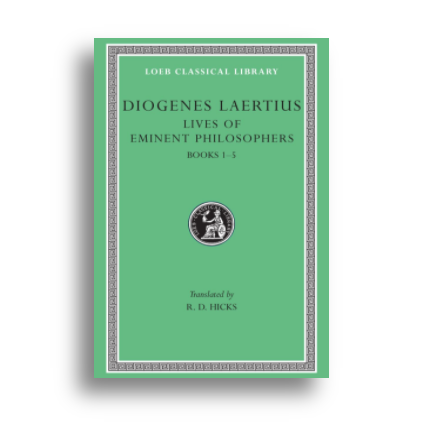
Lives of Eminent Philosophers I
Diogenes Laertius
A masterpiece of philosophical biography, this work covers the lives, sayings and opinions of ancient Greek philosophers from the Academic school. It begins with Thales, and ends with Heraclides. In between there's the lives of Socrates, Plato, Aristotle, and Aristippus. Its content ranges from the restatement of philosophical doctrines, rumours and the wills of the great philosophers. For instance, it sweeps from the lost works of Aristotle (who apparently used to speak with a lisp) and the naturalist philosopher Theophrastus, to the scandalous rumours of Polemo, the head of Plato's Academy in 314 BC, who, in his youth, would hide money in alleyways for convenience. The editor of the book blames Diogenes Laertius for merely reporting on the philosophies of the Ancient Greeks without critically examining them. But in my opinion the book is much better because of it.
“Slacken the bow of wisdom and it breaks.”
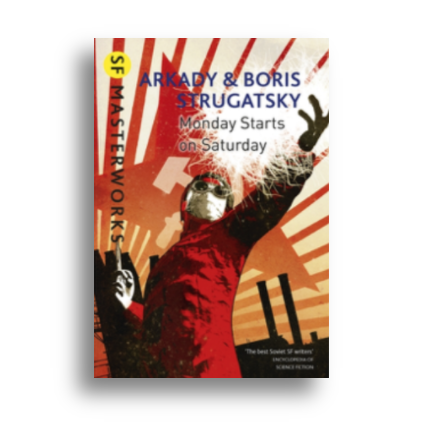
Monday Starts on Saturday
Arkady & Boris Strugatsky
The National Institute for the Technology of Witchcraft and Thaumaturgy, where the majority of the novel takes place, is a building that is larger on the inside than it is on the outside; scientists who begin research into the meaning of life are never to be heard from again; while others can grab the spacetime fabric, wearing it like a coat, in order to benefit from relativistic and gravitational effects. "Monday Starts on Saturday" alludes to the ideal scientific work ethic where weekends don't exist. Just like the Strugatsky brothers' other great work, Roadside Picnic, this novel is truly unforgettable.
“He’ll just grab all the material valuables he can lay his hands on, then he’ll roll up space, wrap himself up like a pupa, and halt time.”
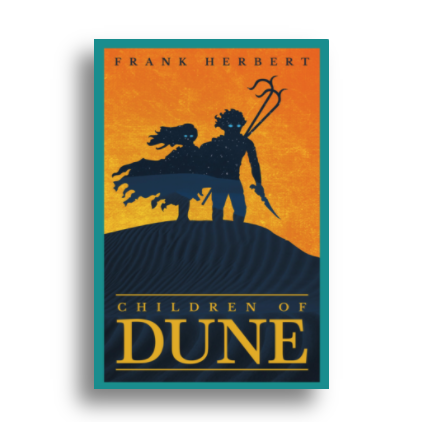
Children of Dune
Frank Herbert
It would seem, based on reviews for this book, that I'm in the minority who believe that Dune gets much better, and much more grand, as the series progresses. Admittedly, the writing does taper off in terms of quality; but surely no one reads Frank Herbert for his prose? Children of Dune is a work that explores psychology, empire, genetic engineering, the Messianic impulse, prophecy, war, ecology, economics, religion and fate. Barring perhaps Sun Tzu's The Art of War, there's probably no greater manual of military strategy.
“As poor as this sietch was, it still maintained the instruments of secrecy and mobility.”
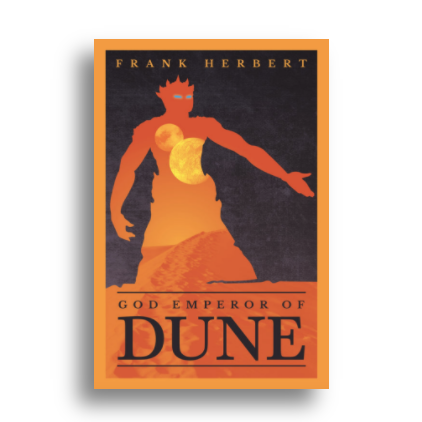
God Emperor of Dune
Frank Herbert
Prophecies within prophecies; for the strong to survive, they must create those capable of bringing their own downfall. God Emperor of Dune is a tale that builds on the notion of the monster beneath the surface, who guards the golden treasure, and, by the end, Frank Herbert unwinds this tale in the most grand fashion. It has to be read to be believed.
“Leto smiled. 'Duncan, have I not told you that when you think you know something, that is a most perfect barrier against learning?'”

King Lear
William Shakespeare
In the Penguin edition of King Lear, an old man is standing on a cliff face, seeing his heart fall into a crevice. I immediately saw its significance for me. When I read the story, by the end, I recall tears the size of grapes streaming down my face: I felt I could die of heartbreak. And to tell you the truth, I'm not sure I could, in a paragraph, capture the essence of the story; because it's about everything. It's a tough book to read, but you'll likely never read anything as powerful.
“Who is it that can tell me who I am?”
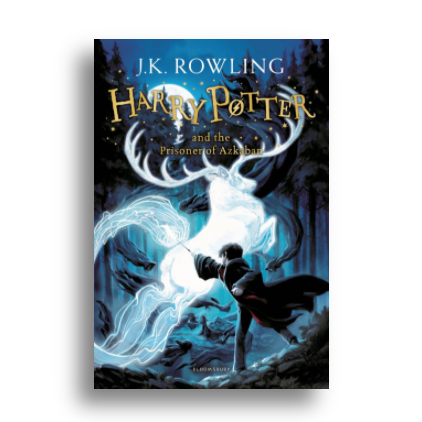
Harry Potter and the Prisoner of Azkaban
J.K. Rowling
The release of the Harry Potter books is the first and last time I recall when people queued up in front of bookshops. I haven't seen anything like it since. Not being a big reader when I was a kid, I waited until 2024 to read the series; and I'm glad I did. I don't think I would have appreciated their depth as a kid. The other thing to say is that, in my opinion, J. K. Rowling is a mastermind psychologist. There's just so many layers and nuances to the book.
“I solemnly swear that I am up to no good.”
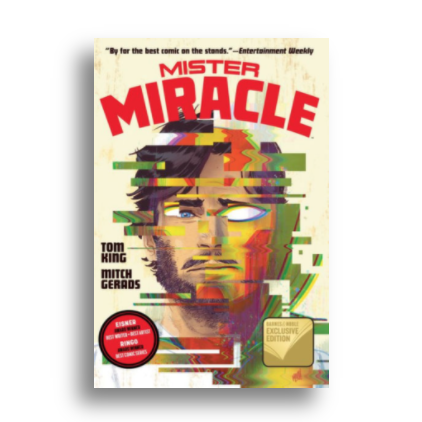
Mister Miracle
Tom King
Generally I do not include graphic novels or comics in my top 10 lists; but Mister Miracle is an exception. This might be the most beautifully illustrated graphic novel I have ever read. It's about Scott Free, who sometimes descends into madness, and lives as his alter ego Mister Miracle, the world's greatest escape artist. It's philosophical, funny, adventurous, and just an all-round mind-bending experience. A truly fantastic read.
“Darkseid is.”
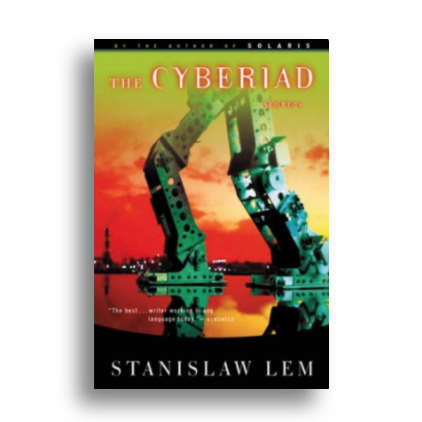
The Cyberiad
Stanislaw Lem
It was surprising just how wonderful The Cyberiad was. It's a tale about two "constructors", Trurl and Klapaucius, who build machines, each more fantastic than the last. It's funny, clever, and just full of mischievous adventure.
“When the Universe was not so out of whack as it is today, and all the stars were lined up in their proper places, so you could easily count them from left to right, or top to bottom, and the larger and bluer ones were set apart, and the smaller, yellowing types pushed off to the corners as bodies of a lower grade, when there was not a speck of dust to be found in outer space, nor any nebular debris – in those good old days it was the custom for constructors, once they had received their Diploma of Perpetual Omnipotence with distinction, to sally forth ofttimes and bring to distant lands the benefit of their expertise.”
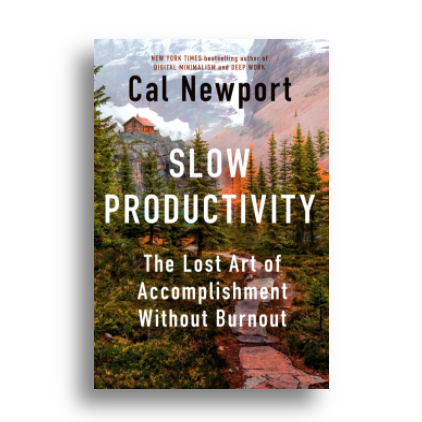
Slow Productivity
Cal Newport
There were quite a few contenders for the 10th spot on this list: Anaximander by Carlo Rovelli; The Seventh Letter by Plato; and the Path to Power by Robert Caro. But with Slow Productivity, Carl Newport has written a surprisingly great book. He mixes historical and scientific facts, including the working habits of great people from history, his own insight, and great prose. It was thoroughly enjoyable.
“To embrace slow productivity, in other words, is to reorient your work to be a source of meaning instead of overwhelm, while still maintaining the ability to produce valuable output.”